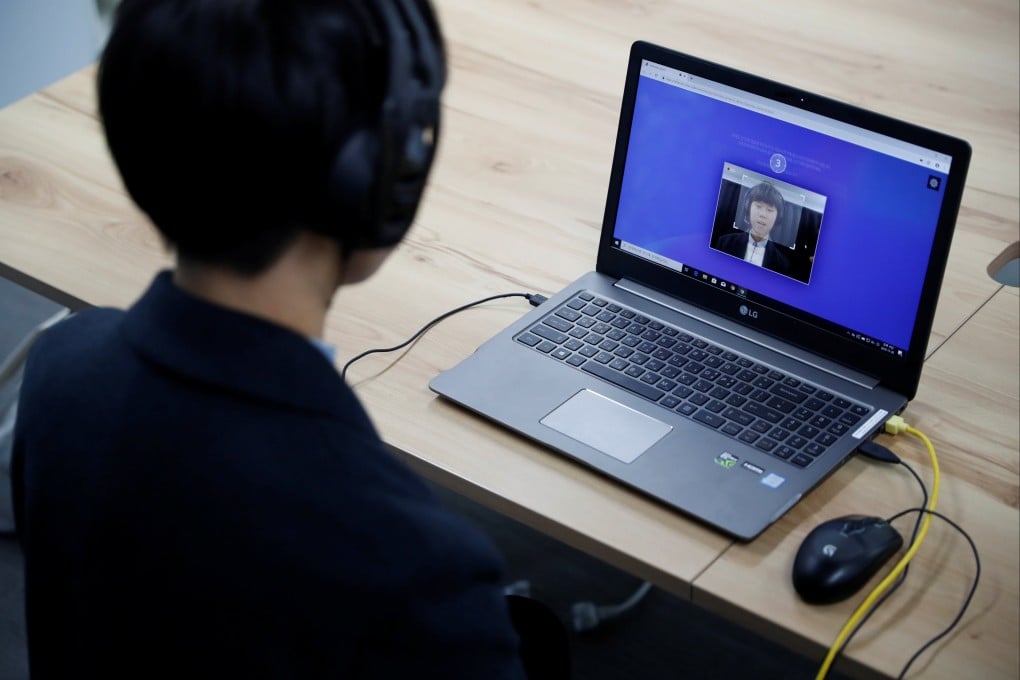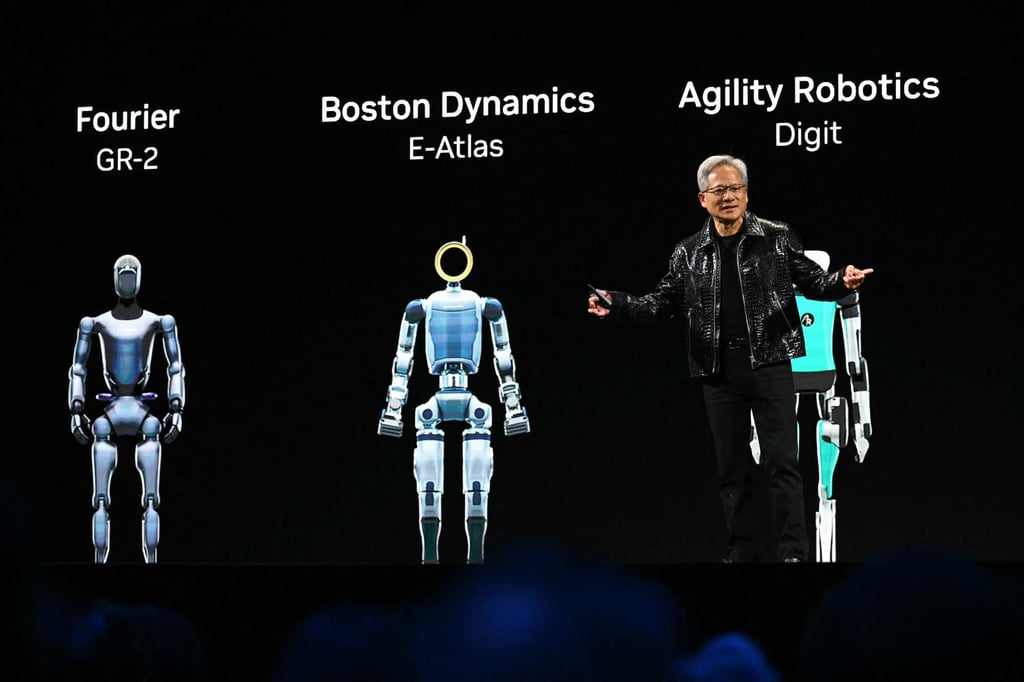Advertisement
Opinion | How AI can help Hong Kong deepen its talent pool
Hong Kong must choose between being a passive observer of the AI revolution and an architect of change that controls its destiny
Reading Time:3 minutes
Why you can trust SCMP

Hong Kong faces a critical challenge as it repositions itself as an innovation and technology hub: a projected workforce shortfall of 180,000 by 2028. This shortfall spans technical workers, digital skills and core competencies such as language proficiency, communication, problem-solving and teamwork.
The latest Future of Jobs Report from the World Economic Forum reveals that 39 per cent of existing skill sets will be transformed or become outdated by 2030. Artificial intelligence (AI) and big data are emerging as the fastest-growing skills, alongside analytical thinking, resilience, flexibility and agility. Skill gaps remain the biggest barrier to business transformation.
The Hong Kong government has launched several initiatives to attract global talent, but what does “talent” mean today? We are witnessing sweeping changes in work patterns, from the gig economy to remote work and globally distributed teams. A fast-changing business environment also means that traditional talent acquisition based on experience, job titles or academic background is no longer sufficient.
Advertisement
AI is revolutionising talent management across the entire employee life cycle. AI-powered human resources (HR) solutions can broaden talent pools, reduce human bias and enable skills-based hiring by efficiently screening candidates based on capabilities. The landscape is further transformed by the rise of human-AI collaborations, with a study by Accenture showing organisations with “fully modernised, AI-led processes” can achieve 2.5 times higher revenue growth and 2.4 times greater productivity.
This year could be one of breakthroughs for AI agents as they evolve from experimental technology into practical business solutions. During his keynote speech at the Consumer Electronics Show in Las Vegas earlier this month, Nvidia CEO Jensen Huang said, “In a lot of ways, the IT department of every company is going to be the HR department of AI agents in the future.”

This will fundamentally change how we think about talent acquisition. While most organisations see talent as their most important asset, staff development is often treated as a cost rather than an investment. Research suggests it is far less expensive to invest in training current employees than hiring new ones. Developing an internal talent marketplace will require in-depth skills mapping and dedicated reskilling and upskilling programmes.
Advertisement
Advertisement
Select Voice
Select Speed
1.00x
